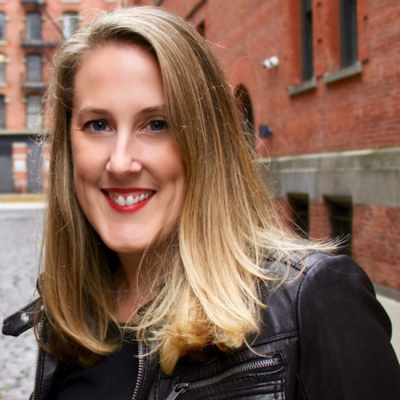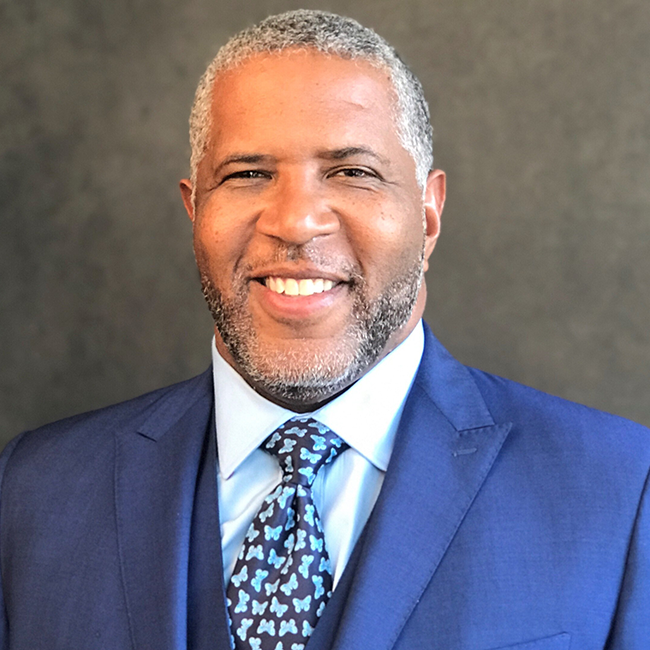
Have you ever wondered if you have neurodivergent employees? If not, you are likely missing out. According to a variety of studies in the US and the UK, at least one in seven people are neurodivergent. If you are lacking inclusive and supportive practices for this group, you may be neglecting diverse ideas and innovative solutions that are essential to solving some of society’s greatest challenges.
Challenges related to economic and social inequality, mental and physical health care, climate change, and political unrest are not only increasing in severity but in complexity, too. These challenges have and will continue to impact all aspects of our economy and business. Conventional market-based solutions, like incentives, taxes, or grants, aren’t efficient or equitable. As leaders, we can take a complementary approach to foster environments that allow creative thinkers to thrive. Embracing and supporting diversity—neurodiversity, in particular—can tackle some of humanity’s greatest challenges.
Leaders can take a complementary approach to foster work environments that allow creative thinkers to thrive.
Neurodivergence refers to the variation in how human brains learn, process, and interpret information. This stems from differences in how the brain produces and/or uses different chemicals relative to neurotypical brains. There are characteristics that overlap or sometimes conflict across attention deficit/hyperactivity disorder (ADHD), dyslexia, autism, obsessive-compulsive disorder (OCD), as well as other conditions. These include hyperfocus and executive function differences including adapting to some environments and tasks, unique thought patterns, language differences, difficulty making eye contact, difficulty with emotional regulation and impulses, and issues with interoception (identifying, understanding, and responding to the state of the inside of our bodies). A higher proportion of neurodivergent people are also part of the 2SLGBTQ+ (two spirit, lesbian, gay, bisexual, transgender, queer +) community, including many who identify as nonbinary.
According to research from the University of Connecticut, the unemployment rate among this demographic is at least 30 percent, nearly three times the rate for those with other disabilities. For autistic individuals, the unemployment rate can be as high as 85 percent. And so, despite having an edge to solving complex problems when set up for success, this significant talent pool is untapped in the corporate world.
Many neurodivergent individuals have been marginalized in the education system, in society, and in business because they may not conform to neurotypical norms. For example, their work style, social skills, or ways of coping with sensory challenges may seem unusual. This can include repetitive body movements and fidgeting, often supressed through masking to place the comfort of neurotypical people ahead of their own.
To fit in, many neurodivergent individuals burn energy to camouflage symptoms by controlling impulses, rehearsing responses, and copying behaviors. For neurodivergent individuals, living and working in a world designed for neurotypical people can be exhausting and often leads to high incidence of comorbid mental health conditions such as burnout, depression, eating disorders, or anxiety. Your employees who have neurodivergent children may be exhausted from having to support their children at school on short notice or from navigating the complex resources required to support their child. They may also be coping with their own late diagnosis as an adult. There is strong evidence that neurodivergence has a genetic component, and I am just one of the many neurodivergent women who slipped under the radar because women are often socialized to be better at picking up on social norms and masking, in my case, autistic traits.
In contrast to the business world, neurodivergence has been better embraced in science, academia, and the arts. There are many examples of contributions to solving humanity’s problems by gifted neurodivergent minds: Charles Darwin, Adam Smith, and Alan Turing, to name a few. Greta Thunberg, the young climate activist, has openly discussed her autism spectrum diagnosis. She has pushed the boundaries of climate activism and youth empowerment and changed the political discourse around climate change and social responsibility. Still, neurodivergent people are underrepresented in the workforce.
Often, neurodivergent minds can find connections and patterns, provide perspectives, and draw conclusions that might not occur to others, providing creative approaches to complex problems. According to some studies, neurodiverse teams are more productive and make fewer errors than neurotypical teams. Fear, preconceptions, and misunderstanding about a neurodiverse workforce are barriers. Increasing the employment rate and productivity of neurodivergent people in flexible, supportive work environments will directly reduce poverty and inequality and improve mental health outcomes for this group and for their families.
The knock-on effects of unlocking this talent pool are tremendous. Imagine greater innovation creating cutting-edge products and advanced services to ensure human progress.
Let’s try something new by actively seeking, supporting, and embracing the perspectives of neurodivergent people in addressing humanity’s greatest challenges.


















